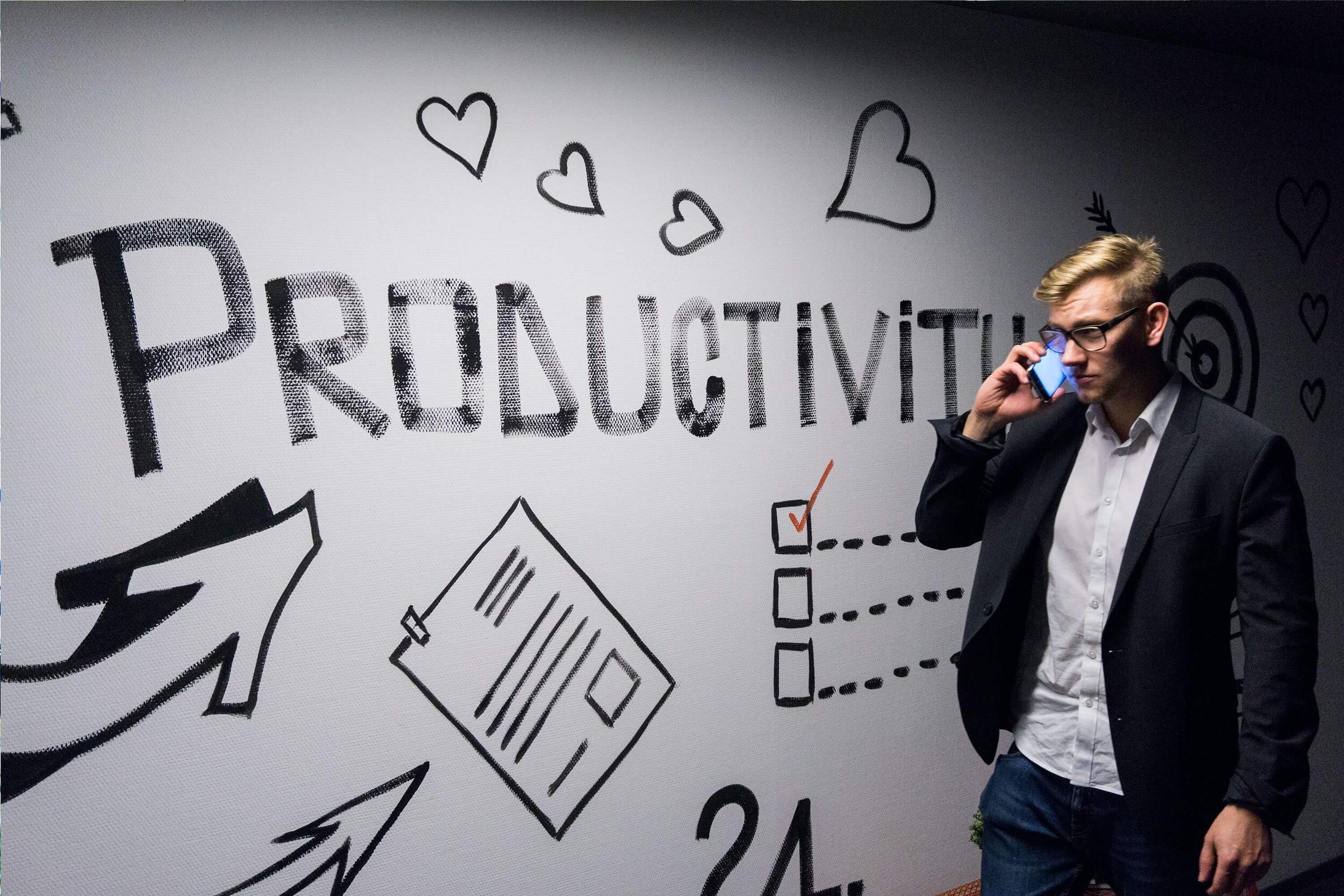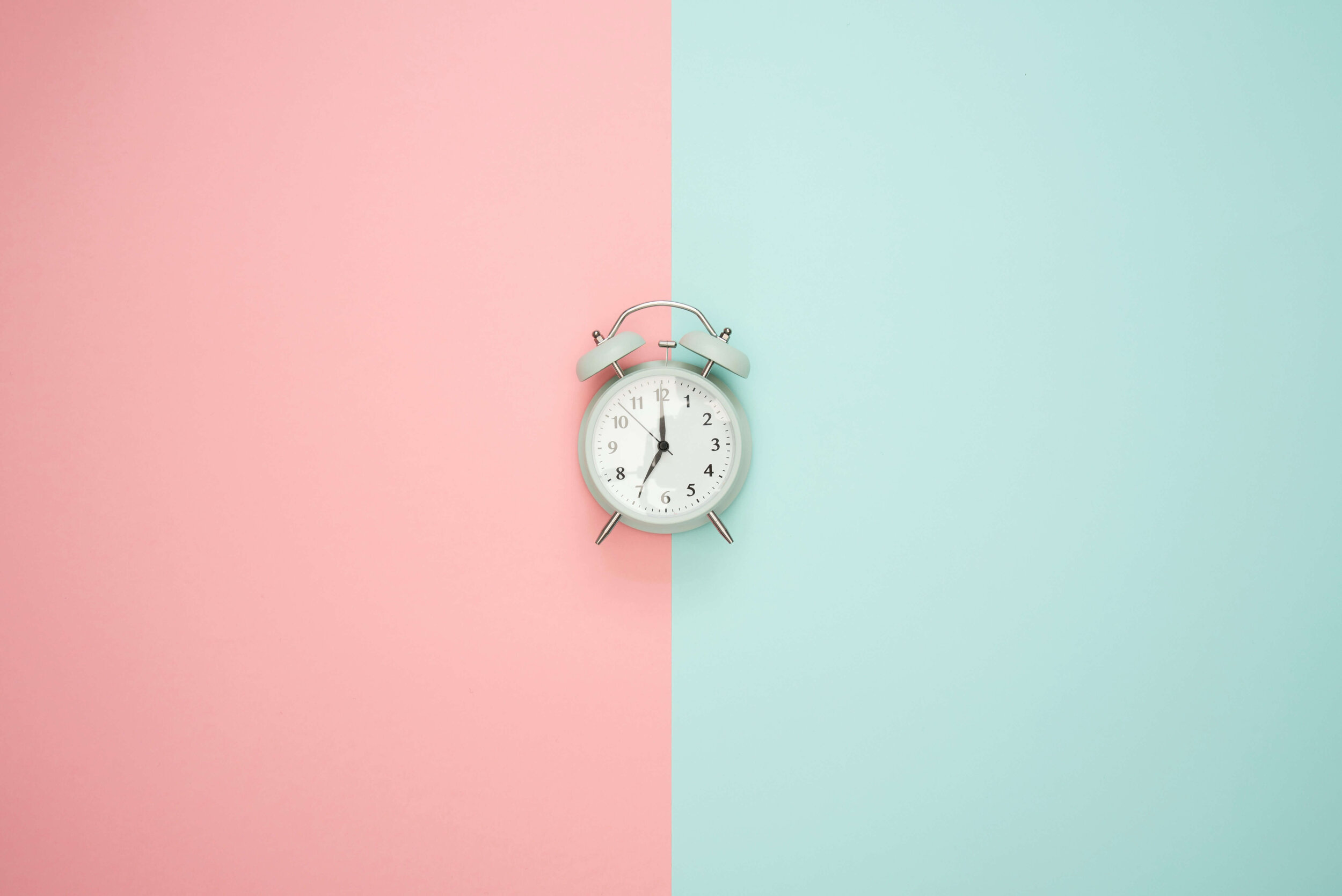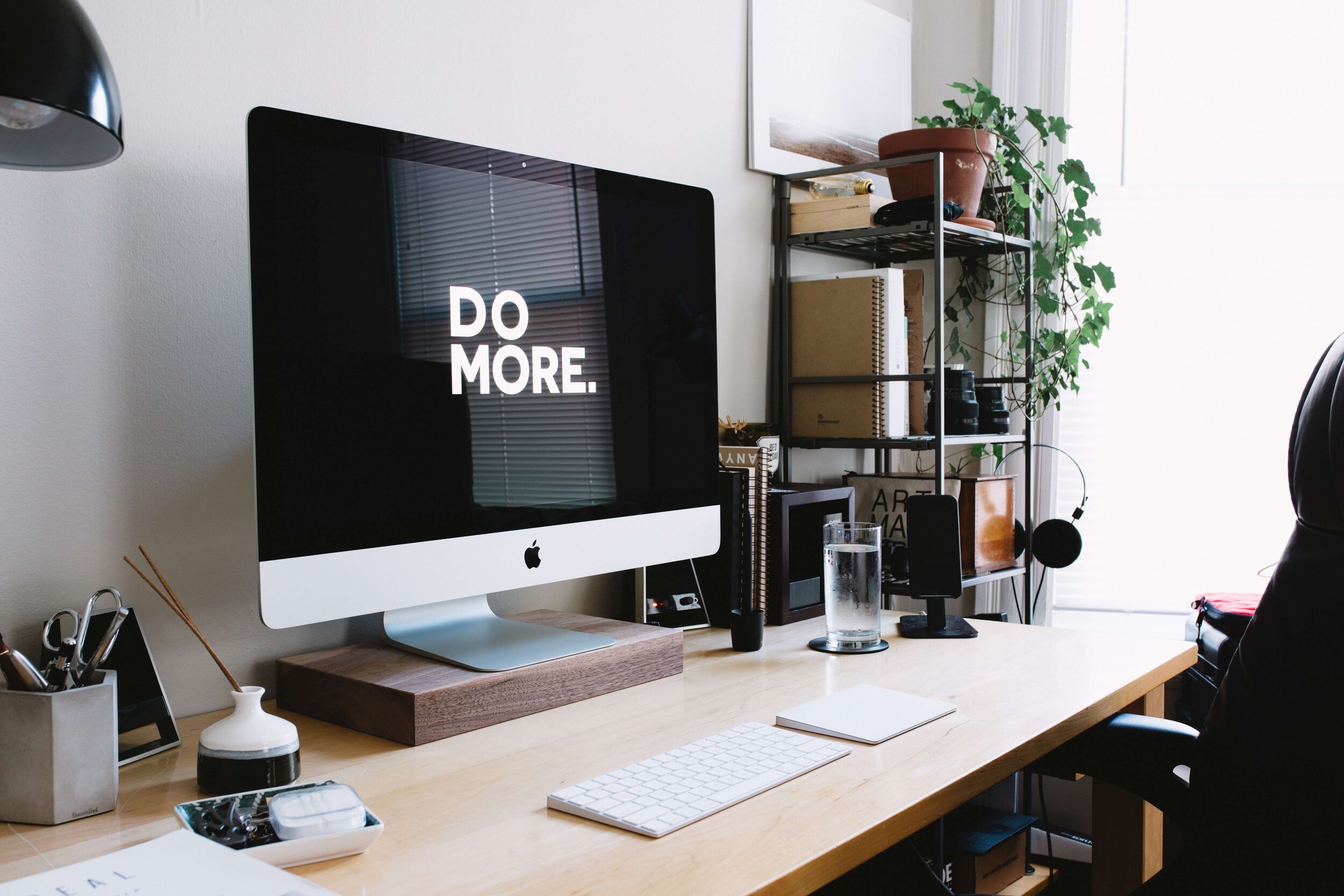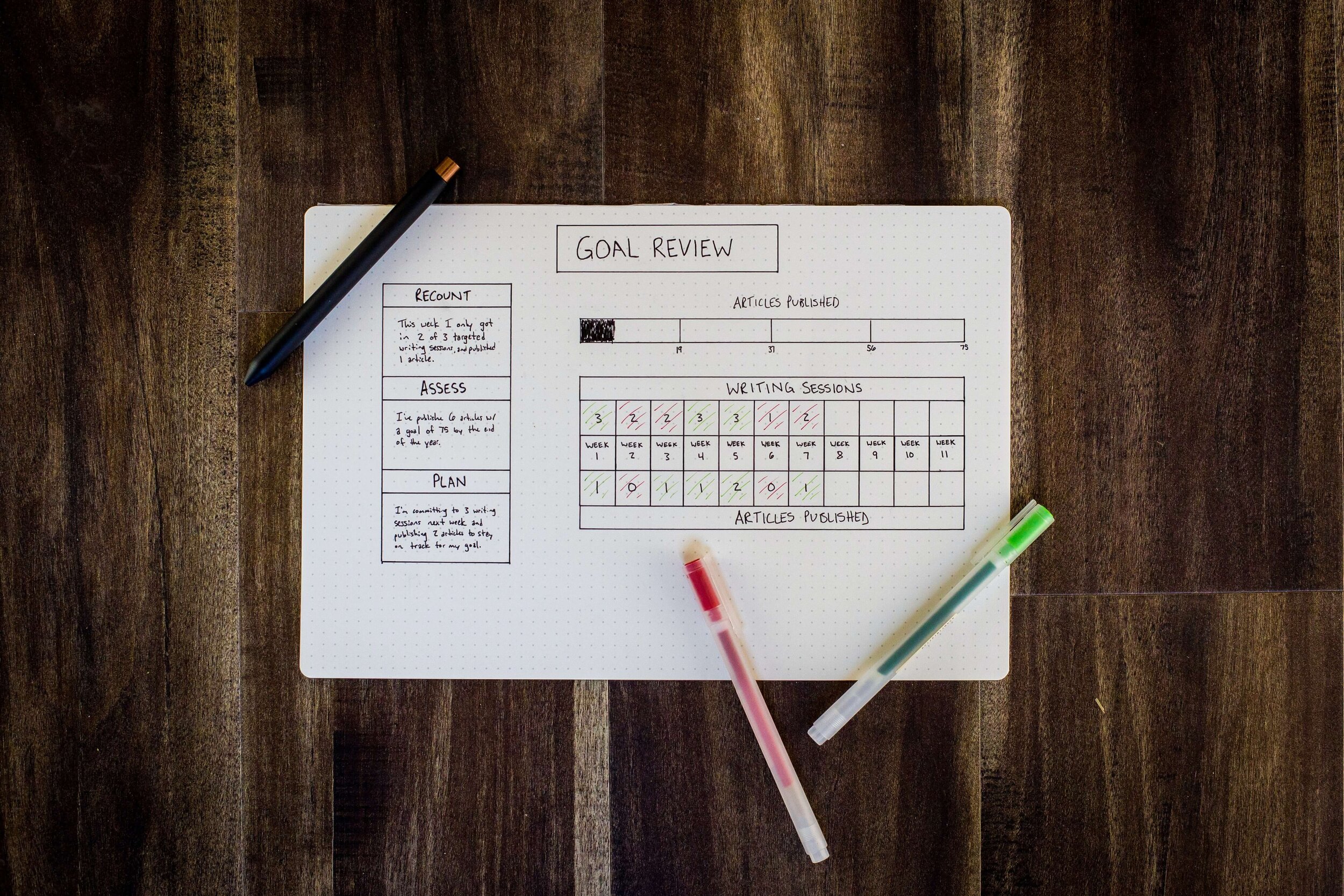The 3 Golden Rules of Effortless Productivity
How many hours in your day do you think you’re actually productive?
At least six to seven hours within a standard eight hour working day, right?
That’s what I would have guessed.
But in reality? It’s a lot less than that.
A recent study by VoucherCloud, polling 1,989 UK office workers, has revealed that on average most of us are only productive for no more than 3 hours every day. ¹
Two hours and 53 minutes to be exact.
So what are we doing for all of those other hours at work? Can we improve our productivity during those off-hours? That’s what we’ll find out in this article.
Where Are Our Working Hours Being Wasted
Within VoucherCloud’s study, researchers revealed the 10 most popular unproductive activities that many of us participate in during the day.
They include:
Reading news and media articles - 1 hour and 5 minutes.
Checking social media accounts - 44 minutes.
Discussing non-work-related topics with coworkers - 40 minutes.
Searching for new jobs - 26 minutes.
Taking smoke breaks - 23 minutes.
Making phone calls to friends or family - 18 minutes.
Preparing hot drinks like tea or coffee - 17 minutes.
Texting or instant messaging friends or family - 14 minutes.
Eating snacks - 8 minutes.
Preparing food - 7 minutes.
When you add all of this up, the total time spent on these activities is four hours and 22 minutes.
Imagine what you could accomplish if you filled all of those wasted hours into productive activities!
The possibilities seem endless, right?
The 3 Golden Rules that Increase Effective Hours within Your Working Day
Here are some super effective productivity strategies you can implement throughout your day to achieve more than you ever thought possible.
1. Remove The Temptation Of Your Devices
Our work computers and, in particular, our phones present a massive distraction. Larry Rosen, a psychology professor and author of The Distracted Mind: Ancient Brains In A High Tech World says that “Most people check their phone every 15 minutes or less.” ²
And as VoucherCloud’s polling found, many wasted hours are spent checking social media, texting friends or relatives, and answering or making non-work-related phone calls.
To counter the distraction your phone causes, there are a few easy strategies you can implement to limit these interruptions during your workday.
The first is to turn off your push notifications.
Apps such as Facebook and Instagram reward your brain with vibrant colors and attractive icons. So by removing some or all of the color from such applications, you are removing your brain’s want to spend time looking at them.
The best way to do this is to turn off your phone’s blue light or to use some form of grayscale filter. In doing so, you are making your phone much less attractive to look at.
In doing so, your attention won’t be constantly drawn away from the work-related task at hand. This will allow you to maintain focus and concentration for longer periods of time.
Another strategy you can implement is to remove distracting apps from your phone’s and computer’s home screen or by closing those browser tabs that tempt you to check messages and notifications.
That way, if you do need to check your phone or computer for any work-related reasons, you won’t be tempted to open up apps or check browser tabs that could potentially waste working hours.
This is a great way of reducing the amount of time you spend on your phone or computer and increase your number of productive work hours.
2. Work In Increments
Working incrementally is a great way to boost your productivity at work. It will also help you resist the temptation to procrastinate, which would be a waste of precious time on work-related tasks.
This is particularly useful for those large overwhelming projects. To avoid feeling overwhelmed, break down your day into small, less intimidating portions.
The best way to do this?
Work in 20-30 minute increments.
Breaking down a long day into chunks like this will help you make consistent progress on big projects with ease.
3. Use Work-Rhythms To Be More Efficient
Work-rhythms are another great way to stay productive. They help by harnessing your most productive self for the right task at the right time.
For example, I find I do my best writing during the morning hours. I feel freshest at this time of day, my caffeine levels are at their highest, and my brain feels like a big sponge, ready for as much information as it can handle.
Over lunch, I generally look at spreadsheets and run or enter data. My brain feels ready for a different task but still fresh enough to work productively and accurately.
And then during the late afternoon hours, I answer and send emails, see to work-related social media requirements, and attend any online meetings I may have scheduled.
It doesn’t really matter how it looks for you. You may structure your day very different from my schedule. What is important, however, is that you structure your day around when you feel best at each daily task you wish to achieve.
In doing so, not only will your productivity increase but your quality of work will also improve.
A win, win.
Conclusion
So are you ready to make use of your wasted work hours?
I sure am.
At the very least, applying even one of the above tips is sure to help you be more productive and even feel much more fulfilled at work! Because let’s be honest, we all like to feel productive.
Productivity gives a great sense of purpose, helps our level of job satisfaction, and, in general, keeps us happier.
And at the end of the day, feeling happy is what most of us really want, right?
-
Ltd, Invitation Digital. “How Many Productive Hours in a Work Day? Just 2 Hours, 23 Minutes...” Vouchercloud, n.d. https://www.vouchercloud.com/resources/office-worker-productivity.
Gazzaley, Adam, and Larry D. Rosen. The Distracted Mind: Ancient Brains in a High-Tech World, 2016. https://muse.jhu.edu/book/65912/.





